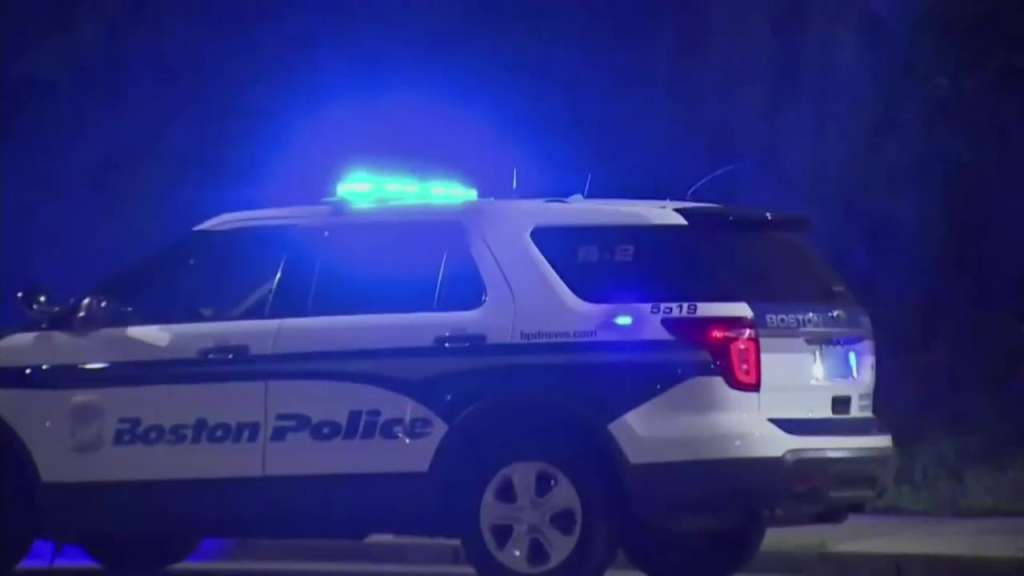BOSTON (AP) — A federal appeals court has dealt a blow to the Boston Police Department’s controversial gang database.
A panel of judges for the U.S. First Circuit Court of Appeals in Boston ruled Monday in favor of Cristian Joshue Diaz Ortiz, a Salvadoran national who maintains police wrongly implicated him as a member of MS-13.
The justices cited “flaws in that database, including its reliance on an erratic point system built on unsubstantiated inferences.”
Diaz Ortiz’s lawyers said the ruling allows them to continue to pursue his claim for asylum.
“We hope this decision is widely read and followed by courts and judges when they are confronted with gang packets,” Geneva Dawn Youel, a spokesperson for DLA Piper, a Los Angeles-based firm, said in a statement Wednesday.
Spokespersons for Boston Mayor Michelle Wu didn’t respond to an email seeking comment, but a police spokesman said the department will respond later.
The American Civil Liberties Union of Massachusetts, which had been among civil rights groups that sued the department to make more information about the secretive database public, said the ruling represents a “vital examination of how Boston police’s gang database destroys lives” based on racist assumptions.
“Gang databases pose a serious risk to young people, especially Black and Hispanic teens, who are labeled as gang members for little more than wearing popular brands or even becoming a victim or target of gang violence,” the organization said in a statement.
The department has previously defended the database as a vital tool to combating violent street gangs. Immigration lawyers and advocates have complained the system, which is accessible to federal authorities and other law enforcement agencies, has led to the deportation of many Central American youths wrongly identified as gang members.
Last June, police enacted policy changes in response to concerns, including a process to review and purge the names of persons considered “inactive” gang members and an annual public reporting requirement.
But a number of city councilors and community groups continue to call for its outright abolishment. As of last March, police officials said there were 101 active gangs with more than 2,650 suspected members operating in and around Boston.
Monday’s 5-2 decision orders the federal Board of Immigration Appeals to reconsider the government’s efforts to deport Diaz Ortiz and deny his bid for asylum.
Federal immigration officials arrested Diaz Ortiz in 2018 and moved to deport him, based largely on his listing as a “verified” member of MS-13 on the gang database.
Among the evidence cited in the database was that Diaz Ortiz was a student at East Boston High School where many reputed MS-13 members attend and that he’d been observed in neighborhood parks where MS-13 members frequently gather, according to the ruling.
The appeals court panel said it wasn’t convinced by the evidence, noting the government “provided no other evidence to substantiate the inferences and conclusions drawn from the police reports.”
Diaz Ortiz, who entered the country illegally in 2015, had asked immigration officials to stay his deportation while he sought asylum based on persecution for his religious beliefs.
He maintained he wasn’t a gang member but was threatened and attacked by MS-13 members for his evangelical Christian faith and pressured to join the gang, according to the ruling.
(Copyright (c) 2024 The Associated Press. All Rights Reserved. This material may not be published, broadcast, rewritten, or redistributed.)

